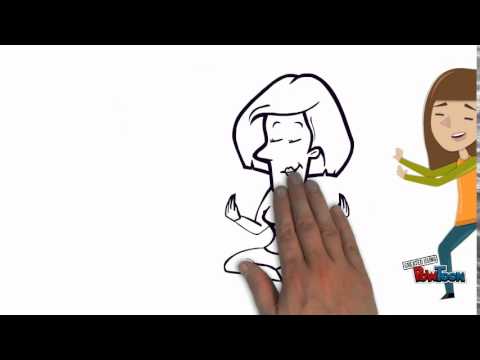Digital identity
Nowadays, people are living a progressive and inevitable convergence of the offline and the online realities; in other words, we are immersed in the mixture of the physical and the virtual lives. This fact needs to be taken into account when constructing the identity of Internet users.
This identity is created through what we are (our “actual self”, made of information describing our features) and what we would like to be (our “ideal self”, made of information describing our expectations or the social expectations about us). So, personal identity is always constituted of both reality and imagination or virtuality. However, the main idea is that now these two components are merging into the same.
This doesn’t mean that the Internet is a space to create a parallel life or a new personality: the online world is a different way to reinforce the convergence between both our real and ideal identities. This way, the self-identity becomes a dynamic reality, which is constructed within the different networked contexts of communication.
Precisely, it is necessary to focus on one specific online context: social networks. In the digital reality, social networks not only are platforms that enable users to construct their identities in informational terms, but also to participate in the co-constructions of their contexts. Users may reunite to construct a meaningful context where they may be able to disclose and recognize themselves.

However, this disclosure and recognition of Internet users will be based on the concepts of trust and privacy, which can be contradictory sometimes. The construction of the personal identity will always be the result of a competition between what is disclosed and what is hidden about us.
This all is referred to individual identities of users, but we cannot forget that group identities are also an important element that conform our way of being. Basically, the “group identity” concept refers to the social influence within a group, which is based on social categories or on the interpersonal interaction among that group members.
The Internet has made possible the creation of online communities, mainly according to common values and affinities (more than associated with a specific physical territory). This leads to a situation in which we can even handpick our social groups, and we decide how much we can engage with them. The main consequence is that online communities have become a reflection of each individual found in them. Some examples of that could be GitHub (in which you can develop projects with people interested in it) or Barista Exchange (for people interested in coffee).
There is an interesting article that deals with biometrics. The new generation in biometrics could be based on our tweets or Facebook statuses and, in general, on all the movements we do in social networks. Everything, in short, will end up shaping what our online identity will be, an identity that will possess as much or more weight than the identity in the real world currently has. Click here to read more

Last updated